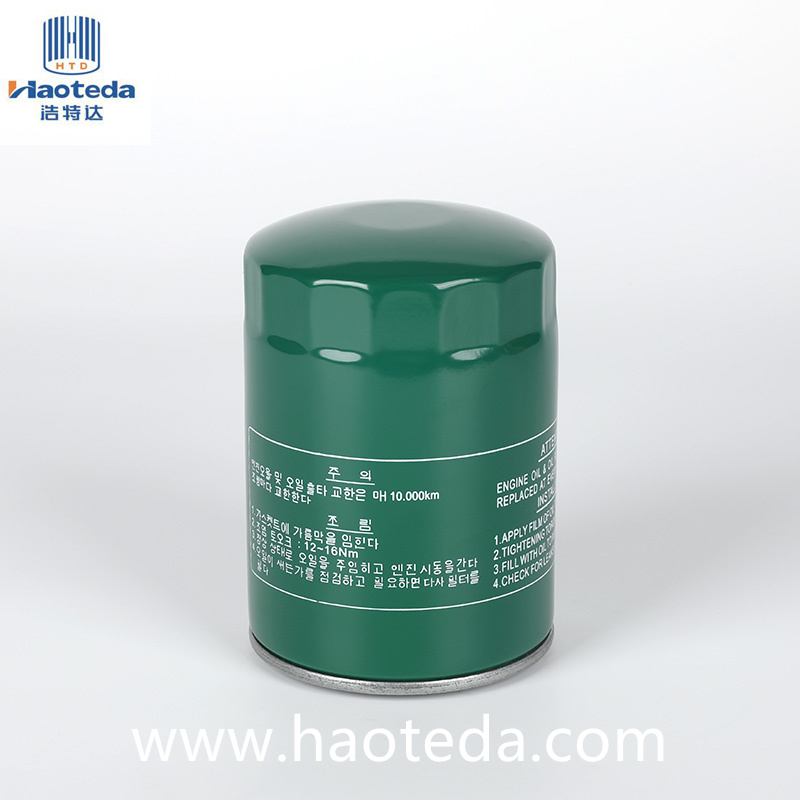Synthetic oil filters offer a distinct advantage over conventional filters, especially in heavy-duty applications. The main difference lies in the type of filter media used. While traditional oil filters often rely on cellulose or paper-based materials, synthetic oil filters use high-performance synthetic blends or full-synthetic media. These materials are engineered to trap smaller particles and contaminants more effectively, ensuring that the engine oil stays cleaner for longer periods.
The higher filtration capacity of synthetic oil filters directly impacts maintenance intervals. Traditional filters may clog more quickly due to their limited capacity to handle contaminants, requiring more frequent changes and risking reduced engine protection. Synthetic filters, on the other hand, have greater capacity to hold contaminants, which allows them to maintain their efficiency over extended periods. This means that, with a synthetic filter, businesses can reduce the frequency of oil and filter changes—ultimately saving on both labor and materials costs while enhancing operational efficiency. This feature is particularly beneficial in heavy-duty environments, such as commercial vehicles or industrial machinery, where long engine life and minimal downtime are essential.

Moreover, the extended capacity of synthetic filters can withstand the higher demands placed on engines during heavy-duty operations. Engines running under extreme conditions—whether under high loads, at high speeds, or in challenging weather—generate more contaminants, and conventional filters often struggle to keep up. Synthetic filters, however, are designed to maintain consistent performance, even in these tough environments. This increased capacity not only prolongs the life of the filter but also supports better engine performance. By preventing contaminants from circulating in the engine, synthetic filters help maintain optimal engine efficiency, reduce wear, and improve fuel economy, all of which are critical factors for businesses that rely on high-performance machinery or vehicles.
The capacity of synthetic oil filters allows them to outperform conventional filters in both longevity and reliability, especially in demanding applications. With their enhanced ability to trap contaminants and sustain high filtration performance, synthetic oil filters offer significant benefits in terms of reduced maintenance costs, improved engine protection, and better overall efficiency—making them the ideal choice for businesses looking to maximize engine lifespan and performance.
 English
English
 English
English Español
Español Français
Français
 +86-139-6774-0263
+86-139-6774-0263









